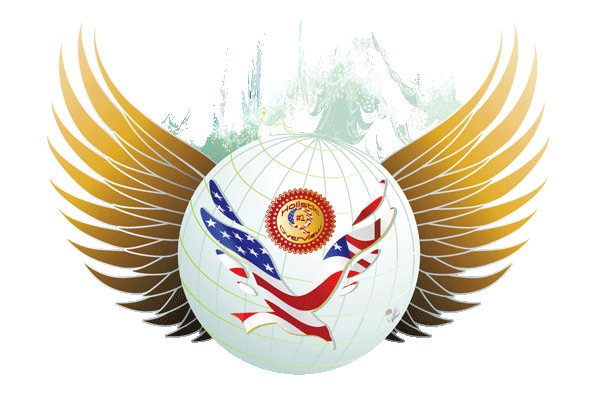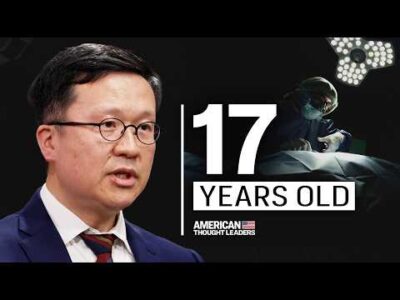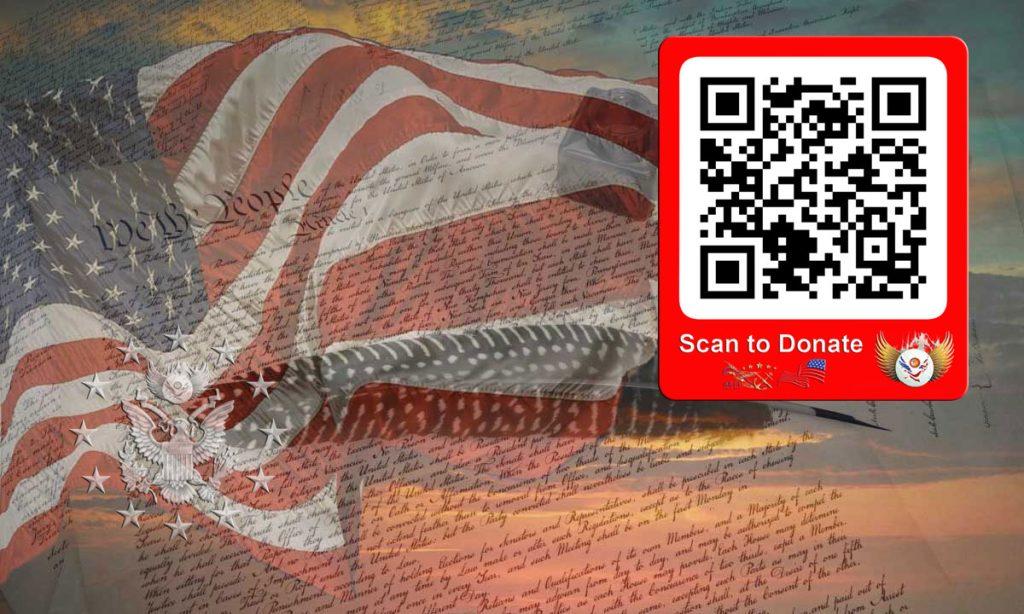🔵 Try Epoch Times now: https://ept.ms/3Uu1JA5
This is the 30 minute TV version of Jan Jekielek’s interview with Wesley J. Smith. The longer-form version was released on Epoch TV on November 12, 2024.
🔴 Watch the extended version of this episode: https://ept.ms/Y1112WesleySmith
In 2023, over 15,000 people were euthanized in Canada, making it a significant cause of death.
In this episode, Jan Jekielek talks to Canadian bioethicist Wesley J. Smith about assisted suicide, its implications and consequences on society. Smith is also a lawyer and author of the book ‘Culture of Death: The Age of Do Harm Medicine.’
According to Smith, “a right to die implies that the government will make it happen for you, and that’s what I don’t believe we have. And no government should be in the business of authorizing private killing… Often, the right to refuse medical treatment is conflated with euthanasia. They’re not the same thing at all.”
CHAPTER TITLES
0:00:01 – 0:02:16 Euthanasia and Assisted Suicide on the Rise
0:02:16 – 0:04:07 The History and Spread of Euthanasia and Assisted Suicide
0:04:07 – 0:07:51 The Dangers of Normalizing Euthanasia and Assisted Suicide
0:07:51 – 0:10:00 The Continual Expansion of Euthanasia and Assisted Suicide
0:10:32 – 0:13:58 The Difference Between the Right to Die and Euthanasia
0:13:58 – 0:16:07 The Origins and Purpose of the Hospice Movement
0:16:07 – 0:20:00 Euthanasia Violates the Equal Dignity of Patients
0:20:00 – 0:22:18 The Concept of Human Exceptionalism
“In 1992 Oregon voters passed an assisted suicide law 51% to 49% and since then, jurisdictions throughout the world have legalized either euthanasia or assisted suicide. It’s now legal in, I believe, 10 states, in the United States, Canada, which you mentioned, Netherlands, Belgium, Luxembourg, Columbia, legal throughout most of Australia and various places, Spain and so forth. So this actually spread like cancer.”
.
“Euthanasia, assisted suicide, is sold as a means of eliminating suffering when nothing else can accomplish that. A, that’s mostly a misnomer. Suffering can be alleviated. And B, if you take a look whether it’s in the Netherlands, Canada, Oregon and other jurisdictions, the reason people actually ask for euthanasia or assisted suicide isn’t pain, it’s existential issues, such as fears of being a burden, fears of losing the ability to engage in enjoyable activities, fears of not having dignity.”
About assisted suicide and organ transplants: “In Belgium, in the Netherlands and in Canada, you now see euthanasia conjoined with organ harvesting. And in Ontario, Canada, if somebody goes to a doctor and says, I want to be killed. The doctor says, Okay, I’ll kill you. Then the doctor contacts the organ procurement organization that will contact the patient and say, Well, since you’re going to die, can we have your liver? And I would point out that in this whole process, this patient is almost never given suicide prevention. So what we’ve done is we have said, yes, you’re killable. Oh yes, we would like to make good use of your body parts. And there’s been no real attempt made to try to keep that person, get them through the darkness that makes them want to die so that they can remain in life.”
“In Canada, we’re also seeing the beginning of a situation where patients who have a tough time getting an oncologist because of such a long waiting list, ask to be killed because they can’t get quality medical care,” Smith says.
🔵 Sign up for the American Thought Leaders ALERTS newsletter to stay up-to-date on new episodes, releases, and special events 👉 https://ept.ms/ATLnewsletter
💛 Support us 👉https://donorbox.org/american-thought-leaders
————————————————-
© All Rights Reserved.























Comments